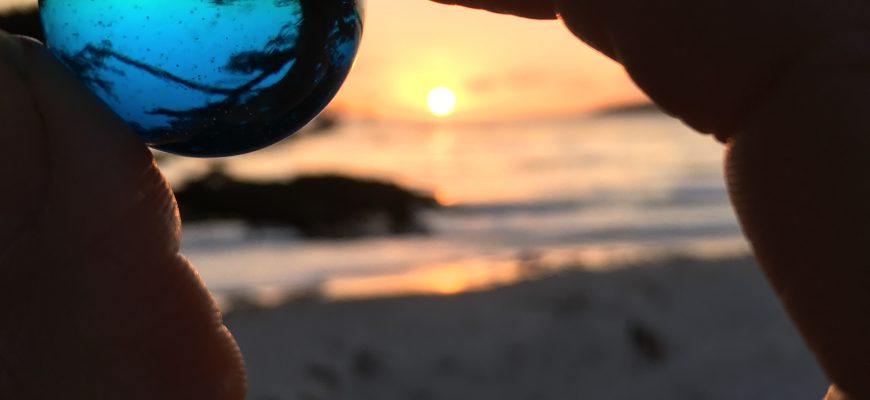
Manners In Mind
26th March, 2019
I am a definite advocate of saying Please and Thank-you… and as such I certainly notice when these words are missing from discourse.
Certainly, not everyone who misses out the words “Please and Thank-you” does so deliberately… they might simply have developed a lazy habit…. and yet when it comes to motivation… these words really do matter.
Here are a few exchanges I have overheard or personally experienced over the last two weeks…
- Would you like some help with that? … Sure, alright, you can do if you like
- Can I get one of those… Which one would you like?… I’ll have the blue one, pass it over here
- Would you like one of these?… Nah, I’m good already
- How about you borrow our ( ) to make that easier…. Ah yeah that is a good idea
Lack of manners can have unintended consequences…
The phrases above could imply everything from a sense of entitlement, a lack of gratitude and even the idea that the recipient is doing a favour to the helper. The recipient of these language patterns can feel devalued and taken for granted.
Consider for yourself, how you respond to being on the receiving end of a distinct absence of Please and Thank-you… I know for me personally I am ordinarily very happy to accommodate, but when I perceive a sense of assumption or obligation my enthusiasm is less forthcoming. So these simple words impact my motivation.
Think about your own language for a moment – are you balanced? Whilst reflecting on this, I noticed that I have come across people who use one or the other more… Have you… or do you?
Perhaps it is subtle… Maybe you replace your Please and Thank-you with phrases such as…
If you could just…
or …
That’s great, nice job…
You might think these are equivalent to Please and Thank-you… but guess what – they are not!
Whilst the first is indeed making a request, there is an assumption in it that you are going to say yes… taking choice out of your hands.
The second might well imply appreciation and yet it is indirect – talking about the thing that was done rather than directly attending to the role you played.
There are people I know who are great at Thank-you, but less skilled at Please… almost as if saying Please disempowers them, putting them at the mercy of the person they are asking… after all they might say no.
Saying Please is an invitation to others to get involved… it sets the scene very clearly stating “I acknowledge that you are helping me out here”… and why would we not want to do that – In general people like to be offered the opportunity to help and to know that their actions will make a difference.
On the flipside there are people I know who are great at Please but less intuitive in their use of Thank-you… It is as though acknowledging the role others played in some way downgrades or marginalizes their own contribution.
Saying thank you shows the world that you are a team player. Much like thanking our teachers shows we are able to learn, shining a light on others does not diminish our own light. Thank-you recognises that when we connect and collaborate we are more considered in our actions, smarter in our ideas and stronger in our influence.
I would like to think and hope that if I have ever asked for your help I have used the words Please.
I have been told on more than one occasion that I say Thank-you too much… I guess I would rather that than too little.
As somebody who relies a lot on volunteer support within my marine conservation activities I recognize that the actions of those who help out might very well not be specifically for me only as an individual. That said – if your contribution positively impacts the ecosystem that I am a part of then my gratitude and acknowledgement for the role each person plays is freely offered!
Now Please go and listen to yourselves and others, noticing how and where a little more acknowledgement can add value. Thank-you for reading.
This blog aims to encourage more day to day politeness in terms of valuing the contribution of others.
One way we at #TeamBlueMind encourage more overt sharing of gratitude and connection is through the blue marbles project – for more info click HERE.
